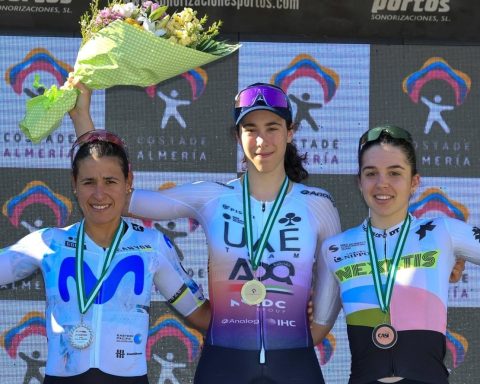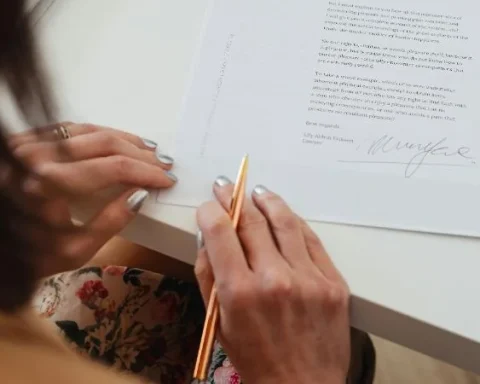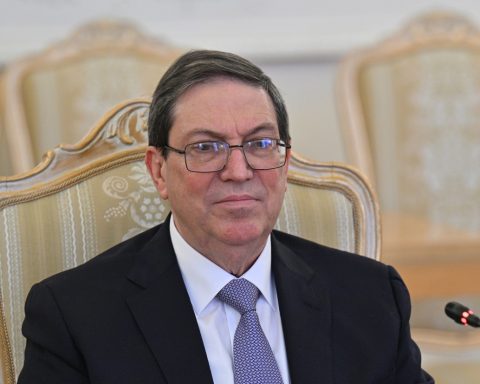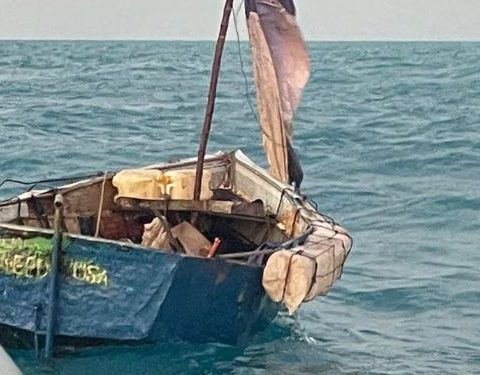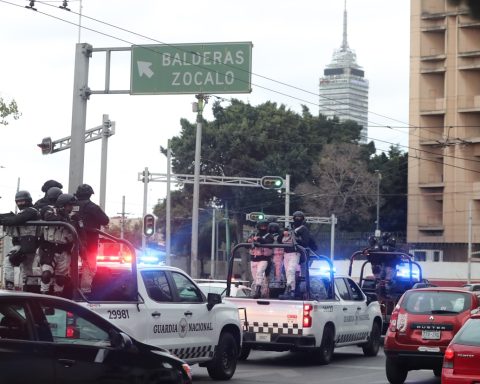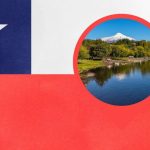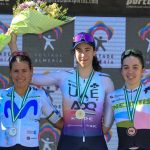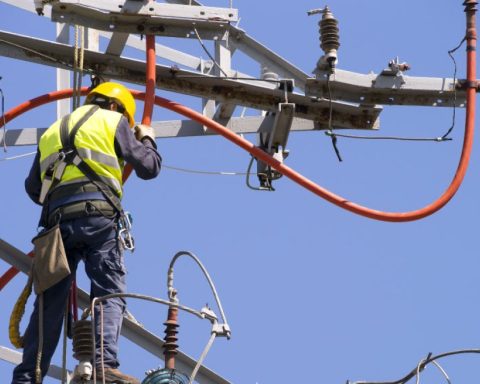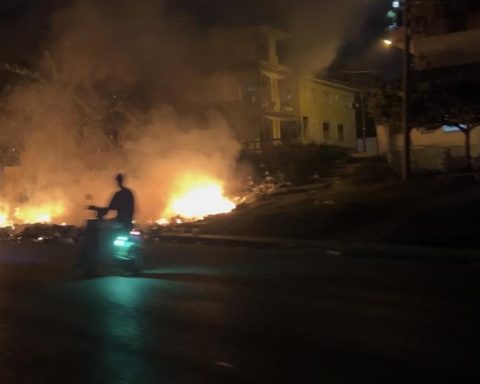Marleny walks and talks in a hurry. A young doctor from the Remedios municipality, in the province of Villa Clara, she long ago took on the task of fighting against the death of girls and boys who were cancer patients. Along the way, she also deals with the slowness of the bureaucracy. Her agitated gait moves everything around her. Death begins to respect her, and the bureaucracy turns in favor of that effort, painful and happy at the same time.
Talking with her, looking closely at her passion, understanding her tremendously fluid attitude of what it is to love your neighbor, led me to ask her for this interview that, with great pleasure and commitment, I share with the readers of OnCuba.
How did your experience related to boys and girls with some kind of affectation by cancer begin?
My first connection with childhood oncology was in the fourth year of the Medicine degree, as a curricular subject. Then my niece was diagnosed with a kidney tumor, called Wills’. At that moment I went from science to being a companion with fears, with pain, discovering that together with the multidisciplinary treatment they receive, what these boys, girls and their families need most is love. They need to be listened to, helped, accompanied.
From the pain in her own skin, from the vivid experience, the desire to be with these boys and girls was born. However, it wasn’t until eleven years later that I decided to do what my soul desired. I only regret one thing: not having started earlier. It is an experience to which many adjectives could be put, but I would only say that it is an experience of love.
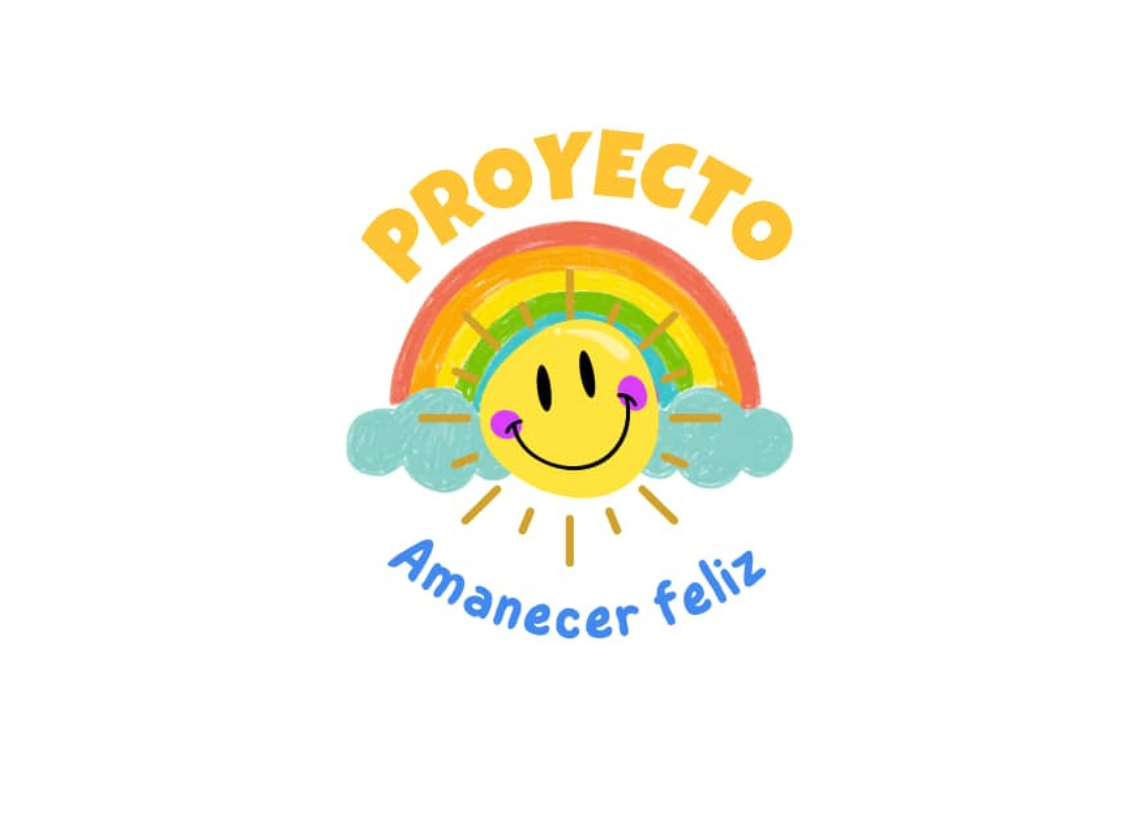
What is “Happy Dawn”?
It is a project that began in 2018 with a party for cancer children from Remedios and Caibarién, but has since matured in its interrelationship with the environment and with ourselves, growing, maturing in a spiral of love, help, cooperation. .
The relationship with government institutions began when we sought improvements in the quality of life for them.
The first impact was the request for a landline phone for Cinthia, a princess with Infantile Cerebral Palsy (PCI), along with many other diagnoses associated with chronic respiratory failure, which led to the continued use of mechanical respiration. Fixed telephony was also achieved for all the boys and girls in the municipal seat in Remedios.
After the government bought the home mechanical respiration ventilator, the girl went home, but it was impossible to follow up on ventilator failures through mobile phones because of how expensive it is. There began a long struggle with government agencies, but we did it with perseverance.
It was followed by a complaint in the newspaper Vanguard for the oxygen service for that same princess and then, also through rough roads, it was achieved that the service will reach the door of her house until today.
Similarly, in the newspaper Vanguard we handled the housing need for Prince Danyer, one of the children who passed away. The road was also full of thorns, but it was possible to give him a house to improve his quality of life.
Among the things that we have achieved in these years is the differentiated sale, for them and for them, of the products that enter the store, the same in Remedios as in Caibarién.
There is a better relationship with the PCC than with the Municipal Assembly of Popular Power of Remedios. With the other organisms and institutions of the municipality it has been a transparent process. When we need it, they always respond.
Have interrelationship with the Caibarién ice cream factory and with the fishing company. Product sales were achieved once a month. This was facilitated, fundamentally, by Dashiel’s mother, a prince with a Brain Glioma, who put the project in contact with these two companies, which have been unconditional ever since.
The most beautiful thing we have achieved is feeling like a family, helping each other, sharing what we have, being present when the other needs it. A recent example is that we spent almost ten days making food since Cinthia’s grandparents were hospitalized at the same time. All the members of the project in Remedios put ourselves in function of it and each day a different family was in charge.
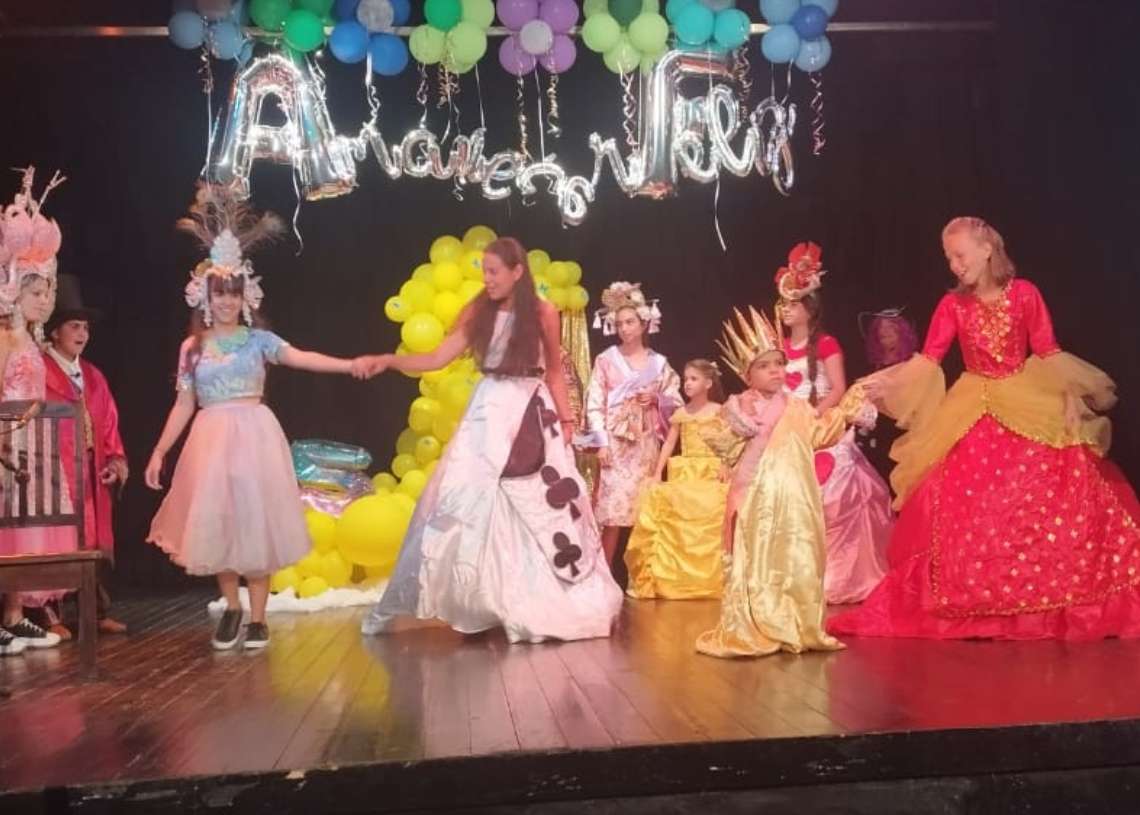
What place has solidarity, the support networks that are generated in a process of this type, had in this effort?
Solidarity has grown over time. I only started with my husband and sister-in-law, who live outside of Cuba, but right now many people and institutions get involved when it comes to helping.
Due to the lack of medicines and medical supplies, we have been publishing in the WhatsApp states of mothers, friends and my own. People outside of Cuba have been adding up who have sent some of these medicines or supplies when we publish the need.
We had a lack of a medicine called Temozolamide, an oral cytostatic for one of the children with a Brain Glioma. It is very expensive everywhere, only 5 tablets cost more than 100 usd, so unable to buy the 90 tablets I needed, I went to Google and wrote to ten childhood cancer foundations in the world. Only one answered from Argentina, telling me that their goal was to sponsor laboratories that are testing new drugs for childhood cancer, which they felt could not help me.
But about three days later they wrote again and told me that the laboratory was going to donate the medicine. We only had to send the mother’s application and the medical prescription, as well as find someone to pick it up because they couldn’t send it to Cuba. At the time I replied that we did not have someone to pick it up or send it, but that it would appear.
I shared the event in the project’s WhatsApp group. One of the moms who lost her girl, but has remained in the family of “Happy Dawn,” he told me, “my stepfather had an Argentine student and they keep in touch, but he lives in Brazil, I contact him and I’ll tell you.” He put me in touch with Mr. Fernando, who took care of everything that needed to be taken care of.
When the foundation notified me, I sent him the man’s information, he picked it up and they took care of contacting a lady from Rosario who was coming to Cuba in those days. That lady’s son brought it from Buenos Aires to Rosario and she brought the medicine to Santa Clara, since she came to visit Che’s Mausoleum.
The group that the lady came with distributed boxes of the medicine in their luggage, so that Argentine Customs would not ask why so many, since the foundation requested anonymity.
In a chain of love between people we have never met, we managed to have the medicine in less than a month.
There is a lack of systemic cytostatics in Cuba. A neighbor who travels to Venezuela retraces Caracas in Red Vital pharmacies that sell cheaper, looking for cytostatics without charging anything extra, just the cost of each medication, even maintaining the cold chain on the trip since some have to remain cold
There are many more examples during these 5 years.
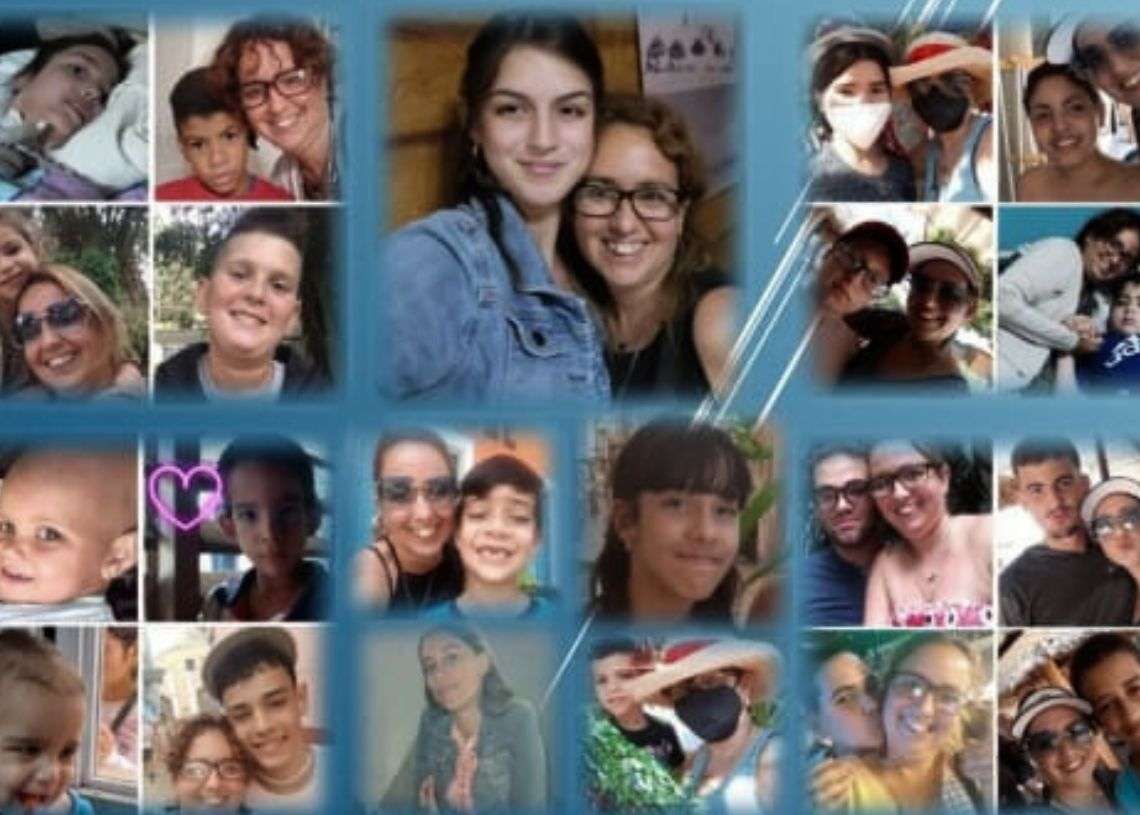
How do patients, relatives and health personnel deal with the issue of death?
Death generates conflict in human beings, especially when it comes to children. They are premature deaths for which no one is prepared.
I have lost three boys and two girls for five years. Each person assumes it differently, just like the family, from their religious precepts or simply from their way of seeing life.
I had a sixteen-year-old go in peace, not getting angry about leaving. He had a deep conviction that he was going with God, that he was going to heaven and that left the same peace in the family.
However, I had an eight-year-old boy who was angry, angry at feeling bad, angry at being sick, angry with God; he stated that God did not exist, because if any child existed he would have cancer. When he left, he left a mother with a greater rebellion with life than the child himself had.
I have also had those who have left too quickly, without time to channel what is happening, leaving an abyss in the family that they did not even look into their eyes.
How do you accept it?
Health personnel become romantically involved with their patients, although they teach us not to do so during our studies. But we have within the instinct to love the other, the one that we try to turn off at school, in society. Health personnel suffer these losses, because they also live for a long time in hospitals. A big family is made with other families.
In the case of oncopediatrics, I would dare to affirm that it is never one more patient, nor one more death, but rather that it hurts the health personnel every time it happens and this leads some to shield themselves trying not to get attached to their patients. patients.
Family and health personnel try by all means to feel that the impossible was done to beat death and that gives peace in the midst of pain.
I assume the pain of the death of my girls and boys with a temper that I don’t know where it comes from, but it is a pain that tears inside. I’ve collapsed and I’ve felt like I can’t anymore. Sometimes, before death, I confess that I have wanted to run away and get away.
There I remember the comments of those who tell me that I do not need to experience that pain. But in the midst of the loss, all the moments lived come to mind, all the mischief done, the smile, the “I love you” that comes from her innocent lips. There I tell death: you won me back, but you couldn’t rob me of doing it or making her happy.
That is my conversation with death: first, fight with everything, looking for every medication or procedure that they need; making them happy in the disease process; always knowing that I can lose, that he can take it away from me, but what he can never take away from me is that we were happy together.
Is it possible to talk about love in relation to cancer?
If love is not present in this process it is impossible to go through it. Love moves mountains, internal and external. Cancer becomes a great mountain, the same inward as outward. It is impossible to climb that mountain without love.
